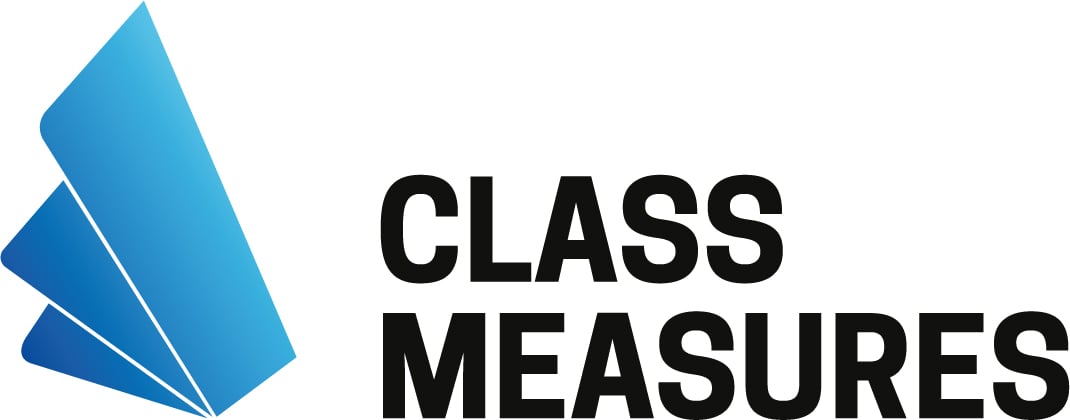Topics:
Children of Promise Preparatory Charter School (COPPA) is a K-8 school in Inglewood Unified School District in Los Angeles, California. The school has a student body of around 325 students, with 70% African American and 30% Latino. Ninety three percent of students are from low-income families (eligible for free or reduced-price lunch).
Class Measures worked with COPPA from September 2016 until June 2019. The scope of work included supporting the principal, Jackie Jefferson, in her role as a turnaround leader. The team from Class Measures (Jo Cheadle, Amber Leage, Liz Boyce) guided work in implementing a leadership structure, supporting the development of teaching through observation and mentoring, and introducing a cycle of data collection, collation and analysis to drive academic growth.
Creating the foundations for a data-aware culture
Working with the leadership team, the Class Measures Data Coach (Liz Boyce) demonstrated how to upload all NWEA interim data and SBAC standardized scores into the Student Information System (SIS) database (Illuminate) and trained staff in the process for calculating growth. Data was aggregated for the school overall, teacher-by-teacher and at student level (by various groups and individual). Having a clear understanding of what this data showed provided another reference point alongside classroom performance data. Student performance over time in summative testing enabled clear evaluation appropriate rigor in each classroom, making sure students were challenged at the right level and adequately prepared for end of grade testing. In addition, students began to own their own data, recognizing where they had made minimal and most progress. This knowledge improved the testing culture at the school and students began to understand the importance of taking the test seriously.
From initial analysis, data inquiry became part of the professional learning community (PLC) structure. Teachers were introduced to the Class Measures Common Directions Process (CDP), a structure for collaboration that engages teachers in regular, cyclical data analysis to inform lesson planning, implementation observation and co-teaching, review and further data collection. As more data became available, because CPD guides teachers in the creation of rigorous common assessments, teachers were able to reliably track the achievement of learning objectives and measure students’ progress towards end goals.
Reaping the rewards of a focused use of data
COPPA has seen significant gains in student outcomes as a result of the focused use of data:
- In the 3rd Grade 2016-2017 SBAC testing, the overall percentage of students reaching proficiency for English Language Arts was 11%. By the 2018-2019 tests, 48% of the same cohort of students in their 5th grade met required proficiency levels.
- In 2016-2017 only 11% of students in Grade 3 had “met standard”, but in 2018-19, 34% of the same group of students met standard” and 14% were “standard exceeded”.
- In the 3rd Grade 2016-2017, the percentage of proficiency for SBAC Mathematics was only 20% but by 2018-2019 the percentage of proficiency of the same students (5th Grade) went up to 27%.
- In 2016-2017 only 20% of students in Grade 3 had “met standard”, but in 2018-2019 (the same group of students) 16% had “met standard” and 11% were “standard exceeded”.
“The Class Measures team would do a lot of the heavy lifting data crunching for the school, and were able to find trends and key areas of focus to look at when observing and mentoring my staff”
- Principal Jackie Jefferson

